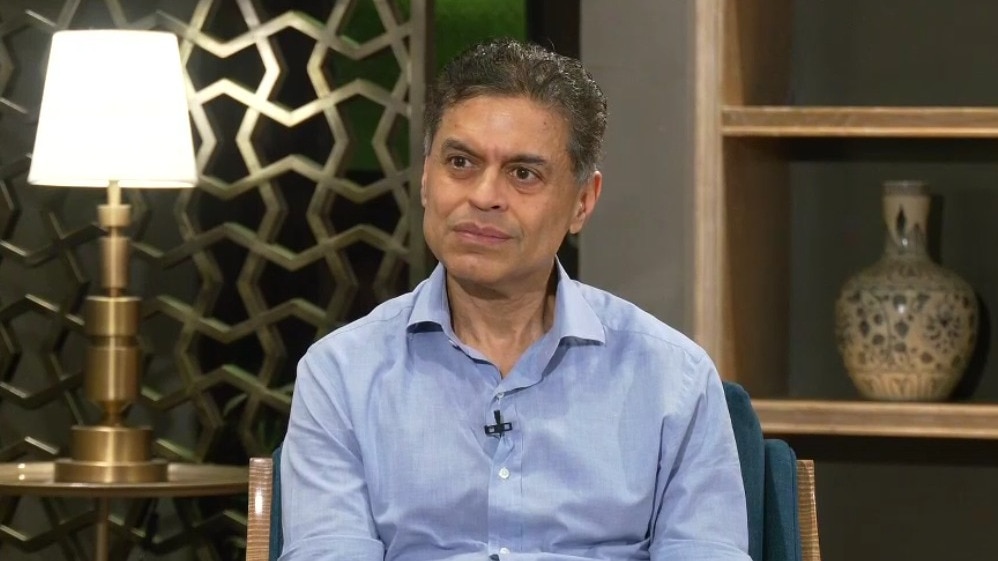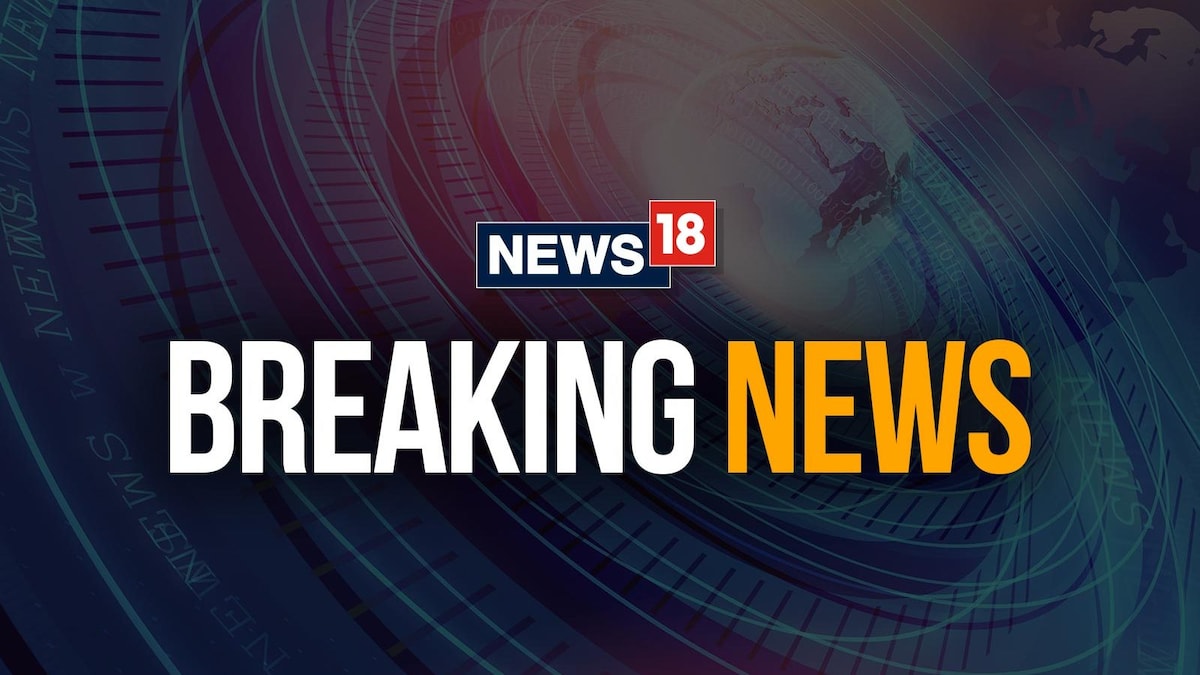Last Updated: October 08, 2024, 13:58 IST
Jerusalem, Israel

A view shows a damaged site in the aftermath of Israeli strikes on Beirut's southern suburbs, amid the ongoing hostilities between Hezbollah and Israeli forces, Lebanon October 8, 2024. (Reuters)
The move adds thousands of troops to Israel’s ground offensive, with the total number of soldiers deployed inside Lebanon now likely over 15,000
The Israeli military on Sunday announced the deployment of a fourth division to southern Lebanon for ground operations against Hezbollah, as reports emerged about the killing of another key commander responsible for Iran-backed group budgeting and logistics.
The Israeli Defense Forces (IDF) announced that its 146th Reserve Division began ground operations last night in the western sector of southern Lebanon, The Times Of Israel reported. The reserve division joined three standing army divisions already operating in southern Lebanon.
Over 15,000 Troops Deployed
The latest move adds thousands of troops to Israel’s ground offensive, with the total number of soldiers deployed inside Lebanon now likely over 15,000, the newspaper said. Israel’s ground operations in southern Lebanon have been described by the IDF as “limited, localised, and targeted raids,” to demolish Hezbollah’s infrastructure in the border area, to enable residents of the north of Israel to return home.
On Tuesday, the Israeli military announced that it eliminated Suhail Hussein Hussein, Commander of the Hezbollah headquarters, in a Beirut air strike. “The headquarters oversees logistics within the Hezbollah terrorist organisation, and is in charge of budgeting and management of it’s various units in the organisation,” the Israeli Air Force said in a statement.
Who Was Suhail Hussein?
“Husseini played a crucial role in weapon transfers between Iran and Hezbollah and was responsible for distributing the advanced weaponry among Hezbollah’s units, overseeing both the transportation and allocation of these arms. Additionally, he was a member of the Jihad council, Hezbollah’s senior military leadership council,” he added.
Hussein’s killing came as the regional tensions triggered a year ago by Palestinian armed group Hamas’s attack on southern Israel have spiralled to a string of Israeli operations by land and air over Lebanon and direct attacks by Iran onto Israeli military installations.
Iran-Israel conflict
On Tuesday, Iran warned Israel against any attacks on the Islamic Republic, a week after Tehran fired a barrage of missiles on it, putting the Middle East on edge. Any attack on Iran’s infrastructure will be met with retaliation, Foreign Minister Abbas Araqchi said, warning Israel against attacks on his country.
Araqchi will visit Saudi Arabia and other countries in the Middle East starting on Tuesday to discuss regional issues and work on stopping Israel’s “crimes” in Gaza and Lebanon, Iran’s ISNA news agency reported. “Our dialogue continues in regards to the developments in the region to prevent the shameless crimes of the Zionist regime (Israel) in Lebanon in continuation of the crimes in Gaza,” Araqchi said in a video carried by state media.
“Starting today I’ll start a trip to the region, to Riyadh and other capitals in the region and we will strive to have a collective movement from the countries of the region… to stop the brutal attacks in Lebanon”, Araqchi added.
Appeals for restraint
The United Nations Special Coordinator for Lebanon and the head of the U.N.’s peacekeeping mission in the country said on Tuesday that their repeated appeals for restraint had “gone unheeded” in the year since the exchanges of fire began between Hezbollah and Israel.
“Today, one year later, the near-daily exchanges of fire have escalated into a relentless military campaign whose humanitarian impact is nothing short of catastrophic,” they said in a joint statement. The attacks have raised fears that the U.S., Israel’s closest ally, and the Islamic Republic of Iran would be sucked into a full-blown conflict in the oil producing Middle East.
(With agency inputs)

 1 month ago
1 month ago
















